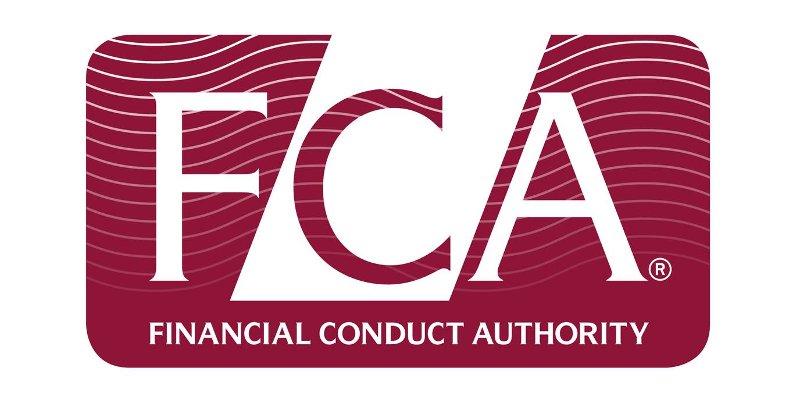
In November 2020, the FCA detailed further support for mortgage and consumer credit borrowers experiencing payment difficulties as a result of COVID-19.
The guidance outlined that firms should generally not enforce repossessions before 31 January 2021.
The authority has now published draft guidance setting out its proposed approach to repossessions from 31 January 2021.
Current guidance on mortgage repossessions means firms should not enforce repossessions before 31 January 2021 except in exceptional circumstances, such as a customer requesting that proceedings continue.
The FCA is now proposing extending this guidance so that firms should not enforce repossessions before 1 April 2021.
This approach takes account of the worsening coronavirus situation and the government’s tighter coronavirus-related restrictions, which mean that consumers could experience significant harm if forced to move home at this time as a result of repossession proceedings.
In addition, the FCA recognise the recent government ban on evictions in some nations, which could also prevent firms from enforcing home repossessions.
The FCA’s current consumer credit guidance means that before 31 January 2021 firms should not terminate a regulated agreement or repossess goods or vehicles under the agreement that the customer needs, except in exceptional circumstances.
It is now proposing that consumer credit firms will be able to repossess goods and vehicles from 31 January 2021.
However it detailed that this should only be as a last resort, and subject to complying with relevant government public health guidelines and regulations, for example on social distancing and shielding.
Firms will also be expected to consider the impact on customers who may be vulnerable, including because of the pandemic, when deciding whether repossession of goods or vehicles is appropriate.
The FCA invites comments on the draft guidance by 10am on 18 January 2021.



